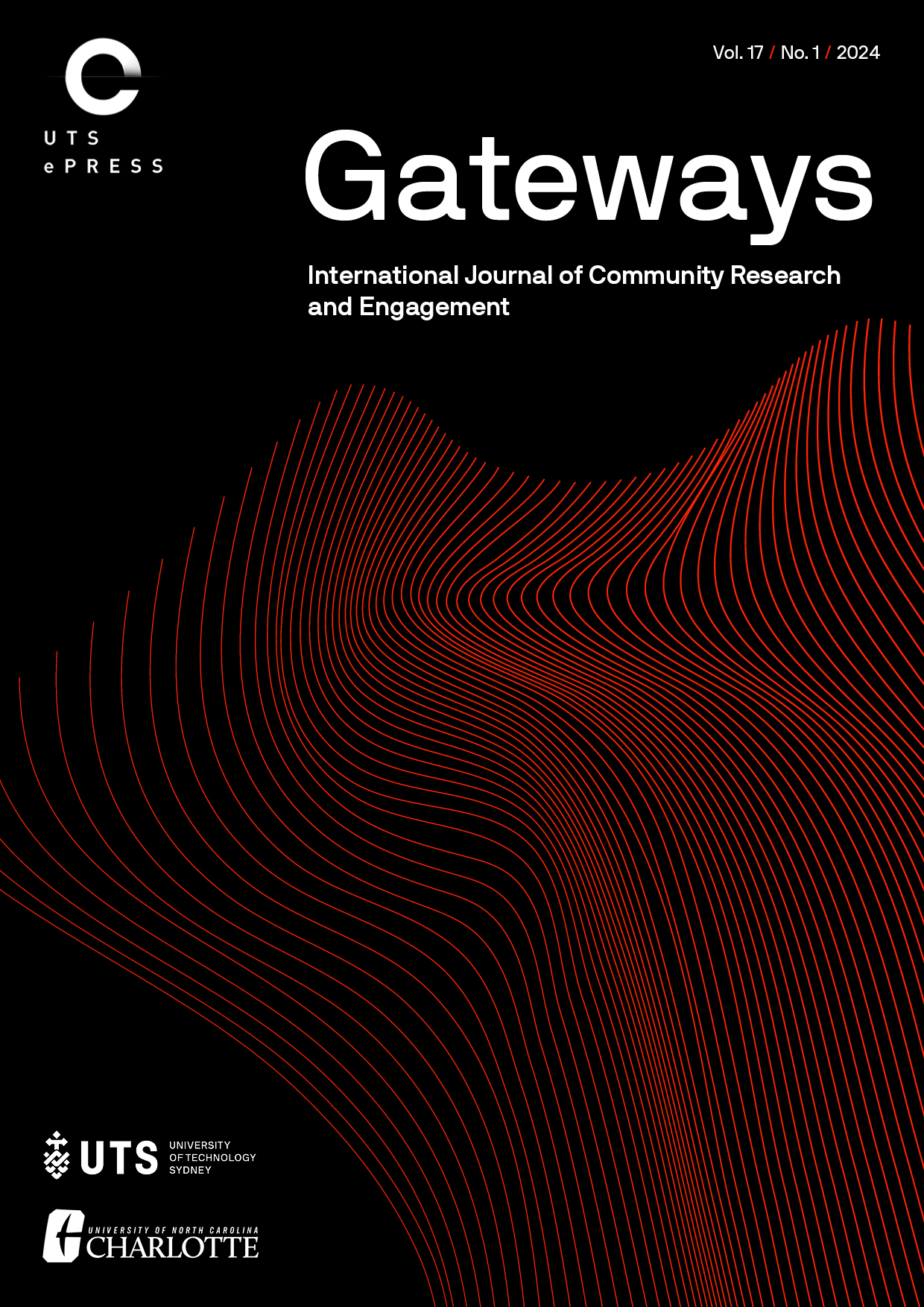Greenspace & Us: Exploring co-design approaches to increase engagement with nature by girls and young women
Main Article Content
Abstract
Nature connection through engagement with greenspaces plays an important role in promoting well-being. In England, certain groups, such as girls and young women from disadvantaged backgrounds, have limited access to high-quality greenspaces and face other barriers to engaging with nature. In Oxfordshire, the County Council has committed to improving access to greenspace and nature for all. In 2022, a group consisting of twenty girls and young women (aged 10–16) from East Oxford not-for- profit organisations, academic institutions and public bodies came together to start an initiative called ‘Greenspace & Us’. The girls and young women participated in six three- hour workshops in February to March 2022. Using the COM-B (Capability, Opportunity, Motivation, Behaviour) approach, we explored the enablers and barriers to girls and young women in Oxford engaging more with nature, which included: increasing equity of access; introducing meaningful co-production; taking safety concerns seriously; making nature normal; promoting the right to play; and increasing the ability to connect with greenspaces.
The outputs of this process were synthesised into the ‘Greenspace & Us Manifesto’, which was crafted collectively. Furthermore, these insights were used to design inclusive park furniture, which was later installed in a local park in East Oxford. In this practice-based article, we outline the methods, outcomes as well as the strengths and weaknesses of the engagement, co-design and co-production approaches we used in Greenspace & Us. We hope the insights from our project will support more inclusive and equitable design of greenspaces for all.
Article Details
Issue
Section
Authors who submit articles to this journal from 31st March 2014 for publication, agree to the following terms:
a) Authors retain copyright and grant the journal right of first publication with the work simultaneously licensed under a Creative Commons Attribution License that allows others to share and adapt the work with an acknowledgement of the work's authorship and initial publication in this journal.
b) Authors are able to enter into separate, additional contractual arrangements for the non-exclusive distribution of the journal's published version of the work (e.g., post it to an institutional repository or publish it in a book), with an acknowledgement of its initial publication in this journal.
c) Authors are permitted and encouraged to post their work online (e.g., in institutional repositories or on their website) prior to and during the submission process, as it can lead to productive exchanges, as well as earlier and greater citation of published work (See The Open Access Citation Advantage Service). Where authors include such a work in an institutional repository or on their website (ie. a copy of a work which has been published in a UTS ePRESS journal, or a pre-print or post-print version of that work), we request that they include a statement that acknowledges the UTS ePRESS publication including the name of the journal, the volume number and a web-link to the journal item.
d) Authors should be aware that the Creative Commons Attribution (CC-BY) License permits readers to share (copy and redistribute the work in any medium or format) and adapt (remix, transform, and build upon the work) for any purpose, even commercially, provided they also give appropriate credit to the work, provide a link to the license, and indicate if changes were made. They may do these things in any reasonable manner, but not in any way that suggests you or your publisher endorses their use.
For Volume 6 (2013) and before, the following copyright applied:
Articles published by UTSePress are protected by copyright which is retained by the authors who assert their moral rights. Authors control translation and reproduction rights to their works published by UTSePress. UTSePress publications are copyright and all rights are reserved worldwide. Downloads of specific portions of them are permitted for personal use only, not for commercial use or resale. Permissions to reprint or use any materials should be directed to UTSePress.
